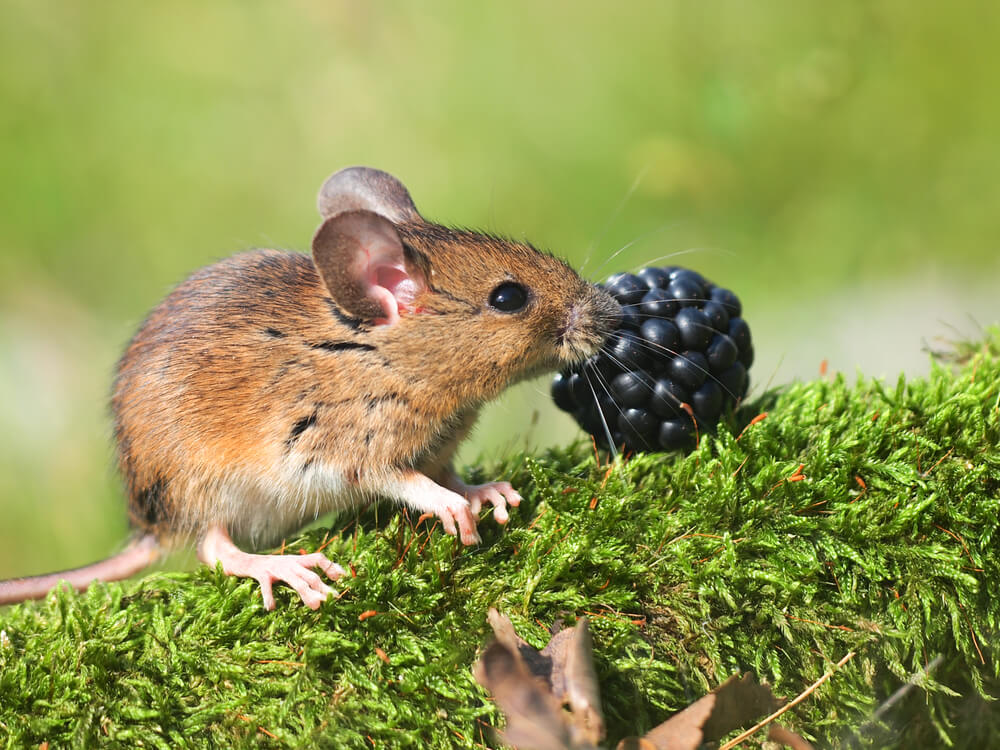Blog
A fructose-cancer connection in mice
Could the consumption of fructose fuel the growth of cancer? New research has added interesting evidence between the two.
The findings, published in the journal Cancer Research, support other studies that suggest people who consume more sugar have a higher risk of cancer— especially breast cancer.
A recent article has quoted Lorenzo Cohen of the University of Texas M.D. Anderson Cancer Center, who worked on the study as saying:
“A lot of patients are told it doesn’t matter what you eat after you are diagnosed with cancer. This preliminary animal research suggests that it does matter”
Here are some points from the article:
- The findings add one more piece of evidence to a growing body of science that is showing a Western style diet is a major risk factor for many types of cancer.
- Other research has shown that at least two-thirds of all cases of cancer come down to lifestyle choices: tobacco use, an unhealthful diet and a lack of exercise.
- Research has also pointed to refined sugar as one of the culprits. But this factor is harder to pin down, since “sugar” is a very broadly used term, some sugars are vital nutrients and the body uses a form of sugar called glucose to generate energy.
- Cohen’s team found that fructose in particular affects a metabolic process, or pathway, called 12-LOX. It helps cells metastasize, or spread.
- These findings help explain what other researchers have seen looking at cancer patients in general — those who eat more sugary foods are more likely to have advanced cancer.
- Cohen’s team used mice for their study but say they took many steps to make sure the process was as close as possible to what happens in people. They fed the mice sugar in doses very similar to what Americans eat every day and they used mice that are genetically predisposed to breast cancer in much the same way that many people are.
- They fed mice four different diets that were either heavy in starch or heavy in different types of sugar.
- When the mice were six months old, 30 percent of those fed a starch-dominant diet had breast cancer. But half the mice fed extra sucrose had breast tumors. And the more sugar they were fed, the bigger the tumors grew.
- Sucrose or table sugar is actually composed of two sugars— glucose and fructose. Cohen’s team wanted to see if one or the other made a difference, because the body processes them differently. They studied where the sugar went in the bodies of the mice. When the mice got more fructose, they grew larger tumors and faster.
- This supports other findings that have shown pancreatic tumors thrive on fructose.
Follow the link to read the full article.












